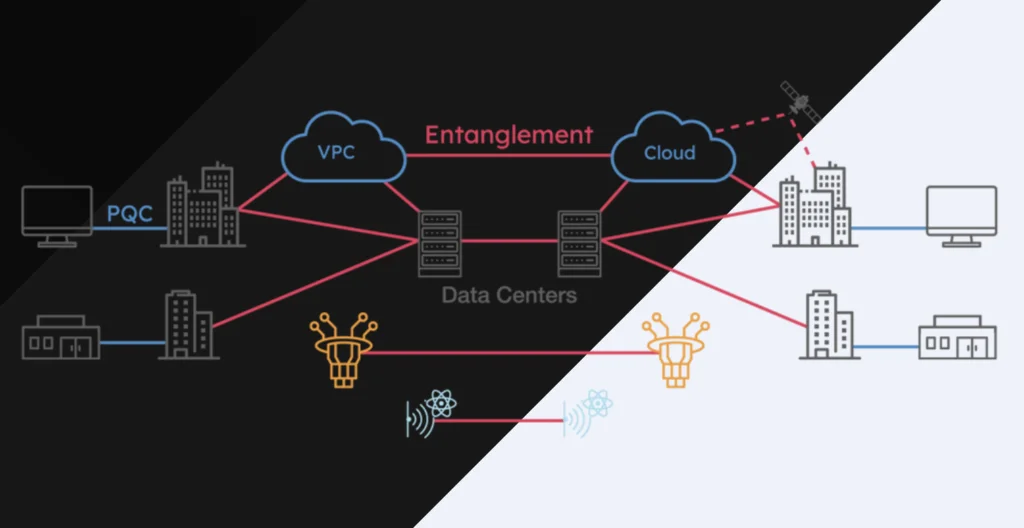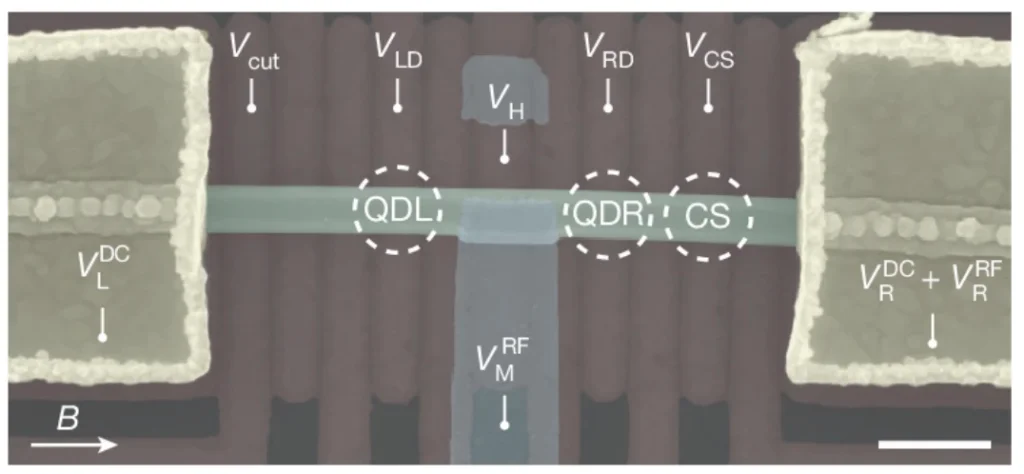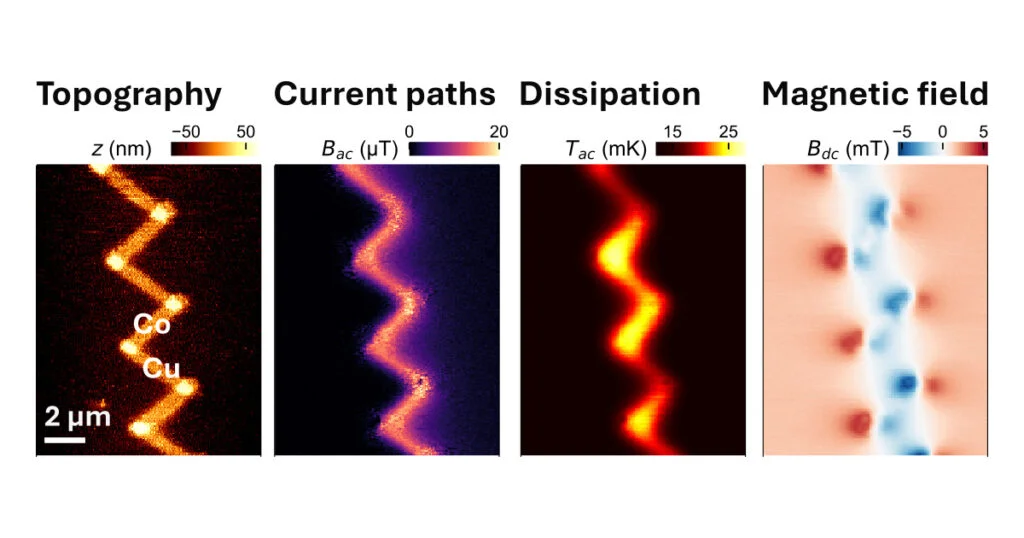Insider Brief
- Rensselaer Polytechnic Institute announced it will become the first university in the world to house an IBM Quantum System One.
- The IBM Quantum System One will be powered by the 127-qubit IBM Quantum Eagle processor.
- The quantum computer will be part of RPI’s new Curtis Priem Quantum Constellation, a faculty endowed center for collaborative research.
PRESS RELEASE — Rensselaer Polytechnic Institute announced it will become the first university in the world to house an IBM Quantum System One. The IBM quantum computer, intended to be operational by January of 2024, will serve as the foundation of a new IBM Quantum Computational Center in partnership with Rensselaer Polytechnic Institute (RPI). By partnering, RPI’s vision is to greatly enhance the educational experiences and research capabilities of students and researchers at RPI and other institutions, propel the Capital Region into a top location for talent, and accelerate New York’s growth as a technology epicenter.
RPI’s advance into research of applications for quantum computing will represent a more than $150 million investment once fully realized, aided by philanthropic support from Curtis R. Priem ’82, vice chair of RPI’s Board of Trustees. The new quantum computer will be part of RPI’s new Curtis Priem Quantum Constellation, a faculty endowed center for collaborative research, which will prioritize the hiring of additional faculty leaders who will leverage the quantum computing system.
“We are grateful for Curtis Priem’s support. RPI is building upon our longstanding collaboration with IBM to harness state-of-the-art computing to find solutions to global challenges, while training the next-gen workforce in quantum,” said Marty A. Schmidt ’81, Ph.D., President of RPI. “Our new quantum computational center will benefit the Capital Region and the State of New York by dramatically enhancing our area’s research capabilities. We look forward to working with our partners in the region to transform the Hudson River Valley into ‘Quantum Valley.'”

“I am extremely excited to support RPI as it moves into this important realm,” said Priem. “This investment will keep RPI at the forefront of technology and innovation, as well as lead the country in leveraging this powerful technology for the good of our nation.”
Priem co-founded NVIDIA Corp. in 1993. Since its founding, NVIDIA has been a pioneer in accelerated computing. “Our invention of the GPU in 1999 sparked the growth of the PC gaming market, redefined computer graphics, ignited the era of modern AI, and is fueling the creation of the metaverse. NVIDIA is now a full-stack computing company with data-center-scale offerings that are reshaping industry.” Priem’s past support of RPI includes an historic $40 million unrestricted gift that led to the naming of the Experimental Media and Performing Arts Center (EMPAC).
Quantum computers harness the laws of quantum mechanics to process information and may solve problems that are too complex for classical supercomputers such as advancements in computational science research, artificial intelligence, and materials. The IBM Quantum System One to be deployed at RPI will be powered by the 127-qubit IBM Quantum Eagle processor, with which the company has recently demonstrated the capability to perform utility-scale calculations. IBM defines utility-scale as the point at which quantum computers could serve as scientific tools to explore a new scale of problems that remain intractable for classical methods. The agreement with IBM includes a commitment to provide an upgrade to the system installed at RPI in 2026.
“Today’s quantum computers are novel, scientific tools that can be used to model problems that are extremely difficult, and perhaps impossible, for classical systems, signaling that we are now entering a new phase of utility for quantum computing,” said Darío Gil, Senior Vice President and Director of IBM Research. “We expect this collaboration to continue to have tremendous impact for the area’s growth as a corridor of innovation, from New York City to the Capital Region. We are thrilled to collaborate with RPI as we continue to nurture the global quantum ecosystem of tomorrow.”
RPI has a storied history in advanced technology and is already home to one of the most powerful supercomputers in the world, the Artificial Intelligence Multiprocessing Optimized System (AiMOS). AiMOS, at a top peak processing speed of 11.03 petaFLOPS, is currently the most powerful private university-based supercomputer in the United States. The IBM POWER9 CPU and NVIDIA GPU-equipped supercomputer enables users to explore new AI applications.
“The Capital Region is a major center of global semiconductor R&D and manufacturing and key to other emerging industries like quantum computing,” said U.S. Senator Charles Schumer. “The region is home to one of the most advanced R&D facilities at the Albany Nanotech Complex, where cutting-edge research is happening like IBM’s development of the world’s smallest semiconductor chip. The region is also home to premier research institutions like RPI, and under the leadership of President Marty Schmidt, RPI is continuing its 200-year legacy as one of the top technological universities. What a great new feather for the region’s cap to have the first IBM Quantum System One placed on a university campus! This sets the Capital Region and Upstate New York apart and will be an asset to recruit and retain talent locally, and help train students in high-value careers.”
“RPI’s quantum computational center will be installed as we begin to celebrate our 200-year history of innovation. From a pedagogical and research standpoint, the potential exists to accelerate breakthroughs that could benefit the New York region and the world,” said John E. Kelly, ’78G, ’80Ph.D., D.H.L. (Hon.), Chair of the Rensselaer Board of Trustees.
For more market insights, check out our latest quantum computing news here.















